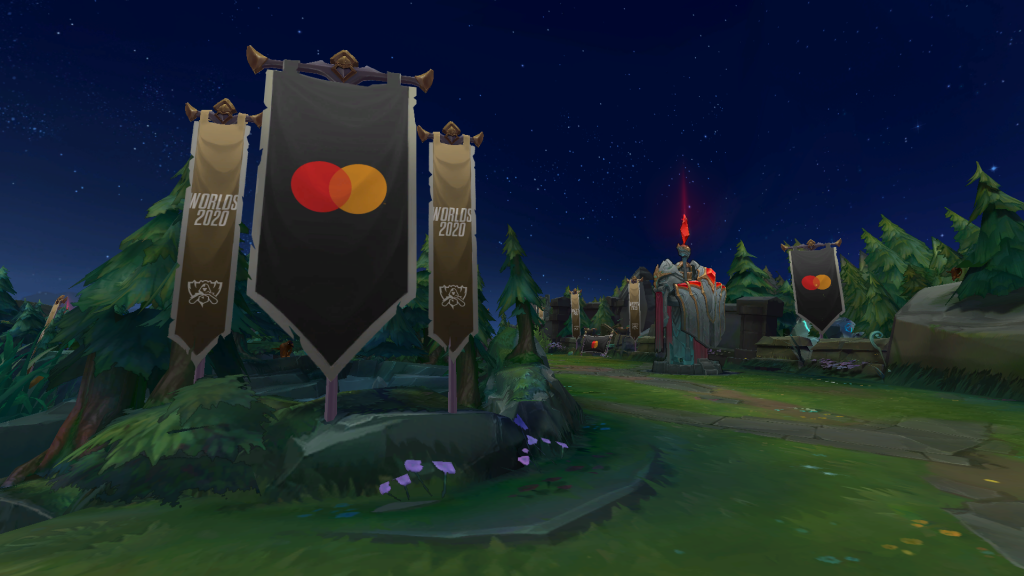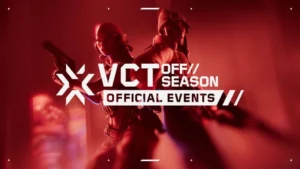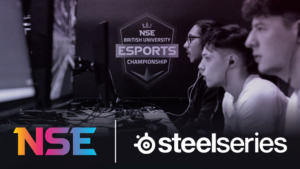Exploring Lisbon: Analyzing Integrated Ads in Esports on the Rift

As we approach ESI Events’ flagship conference, ESI Lisbon (September 23rd-25th), this article, “Looking at Lisbon,” delves into the subjects covered in our content panels. Here, we examine the potential of in-game advertising.

The gaming industry has become a key focus for advertisers as traditional media struggles to reach gamers, who often use ad-blockers and digital platforms. In-game advertising is emerging as a potential solution, aiming to integrate ads into gameplay in a way that feels natural rather than intrusive. The goal is to enhance the gaming experience without disrupting it.
However, challenges remain. Poorly executed in-game ads can become intrusive and negatively affect player satisfaction, especially if they resemble the disruptive ads found in mobile games. Gamers value authenticity, so ads must be carefully designed to fit seamlessly within the game.
Excessive emphasis on in-game ads could also lead to concerns about game quality, with players potentially feeling that developers prioritize ad revenue over gameplay. The effectiveness of in-game advertising greatly depends on its execution; well-integrated ads can enrich the experience, while poorly executed ones can alienate players.
Successful examples of in-game advertising include subtle integrations like sponsored banners during League of Legends tournaments, which blend into the gaming environment without disrupting the experience.

Games like Rocket League have effectively incorporated brands into their gameplay by featuring real-life cars, such as BMW, which players can drive. Rocket League also allows esports teams to display their sponsors on team decals. Roblox has embraced this trend with virtual goods and experiences tailored to its young user base, exemplified by the 2021 Gucci Garden Experience. Fortnite has taken it even further with immersive events like the 2023 Metallica concert, turning its platform into a stage for impactful brand collaborations.
In-game advertising offers both significant opportunities and potential pitfalls. Understanding the scale of these opportunities and the best practices for delivering integrated advertising can help navigate these challenges.
Join Erik Londré, CEO of metaverse studio Karta, Fabian Furch of gaming media group EarlyGame, and other industry experts (to be announced) for “Selling on the Rift: The Benefits of Otherworldly Product Placement.” This panel discussion at ESI Lisbon on September 25th will explore the advantages and considerations of integrated advertising in gaming. Tickets for ESI Lisbon are available here.




